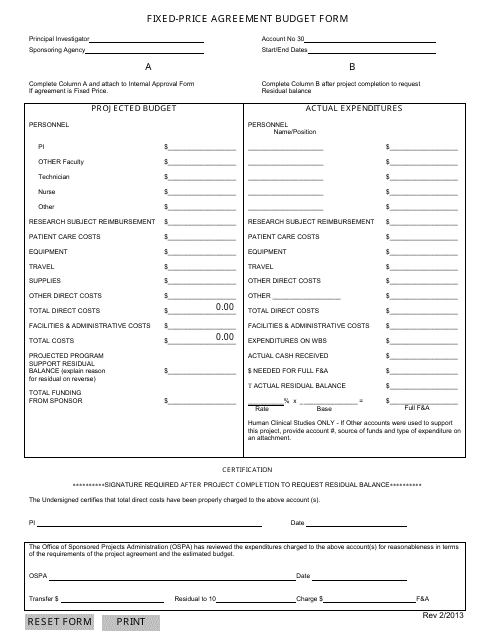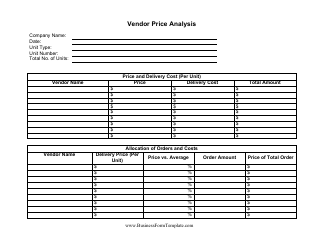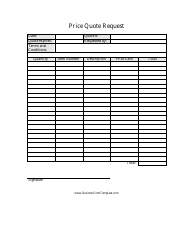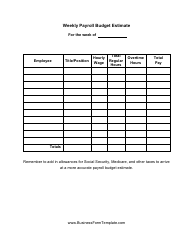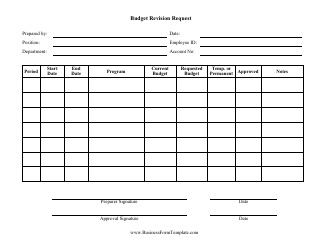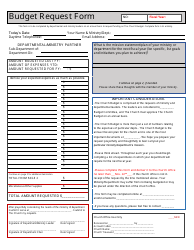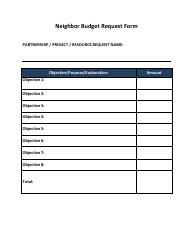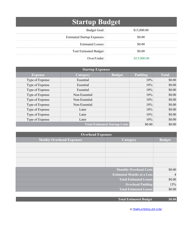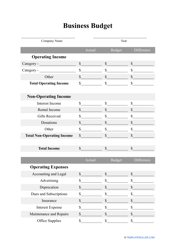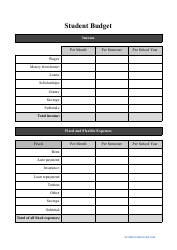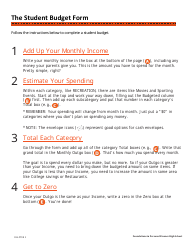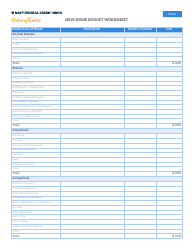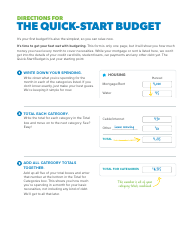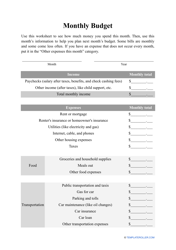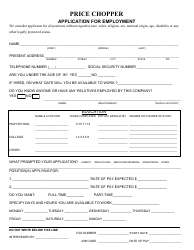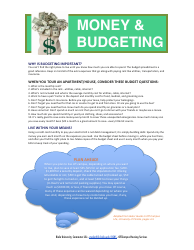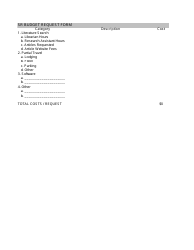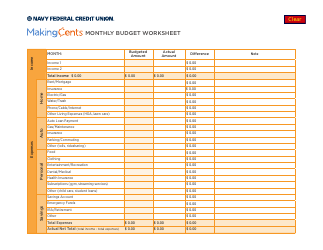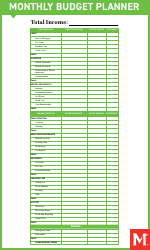Fixed-Price Agreement Budget Form
A Fixed-Price Agreement Budget Form is used to establish a predetermined budget for a project or service. It outlines the agreed-upon amount that will be paid to the contractor or service provider in exchange for completing the specified work. This form helps to ensure transparency and clarity in the financial aspects of the agreement.
The Fixed-Price Agreement Budget Form is typically filed by the contractor or the party who is responsible for managing the budget of the project.
FAQ
Q: What is a fixed-price agreement?
A: A fixed-price agreement is a contract where the price for goods or services is predetermined and does not change based on the actual costs incurred.
Q: What is a budget form for a fixed-price agreement?
A: A budget form for a fixed-price agreement is a document that outlines the estimated costs for a project or contract. It helps to ensure that the project stays within budget.
Q: Why is a budget form important for a fixed-price agreement?
A: A budget form is important for a fixed-price agreement because it helps both parties understand the expected costs and ensures that the project can be completed within the agreed-upon budget.
Q: What information is typically included in a budget form for a fixed-price agreement?
A: A budget form for a fixed-price agreement typically includes details of the estimated costs for labor, materials, equipment, and any other expenses related to the project.
Q: Can the price in a fixed-price agreement be changed?
A: In a fixed-price agreement, the price is predetermined and does not change based on the actual costs incurred. However, there may be provisions for change orders or unforeseen circumstances that can lead to adjustments in the price.
Q: Who prepares the budget form for a fixed-price agreement?
A: The budget form for a fixed-price agreement is typically prepared by the party responsible for overseeing the project, such as the contractor or service provider.
Q: Can a fixed-price agreement be negotiated?
A: Yes, a fixed-price agreement can be negotiated between the parties involved to ensure that the price and terms are agreeable to both sides.
Q: What are the benefits of a fixed-price agreement?
A: The benefits of a fixed-price agreement include budget predictability, as the price is fixed and known in advance, and reduced financial risk for the buyer, as they are not responsible for any cost overruns.
Q: Are there any limitations or risks associated with a fixed-price agreement?
A: Some limitations or risks associated with a fixed-price agreement include the potential for cost overruns if unforeseen circumstances arise, and the contractor or service provider may face financial risks if unexpected expenses occur.
Q: Can a fixed-price agreement be used in different industries?
A: Yes, a fixed-price agreement can be used in various industries, including construction, consulting, manufacturing, and many others, where there is a need for a predetermined price for goods or services.
